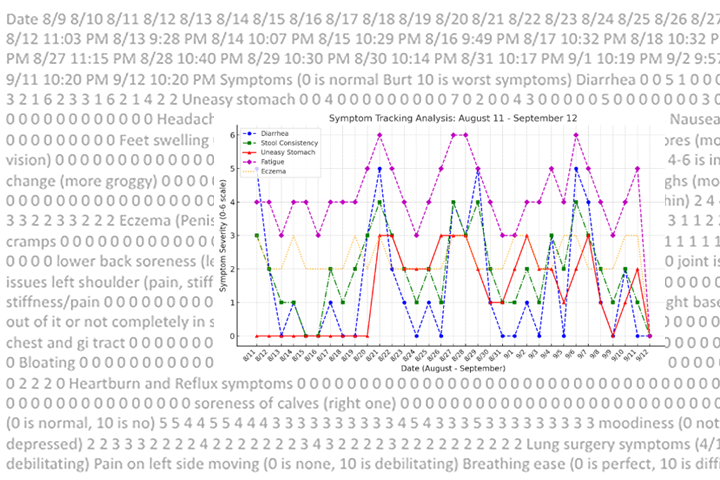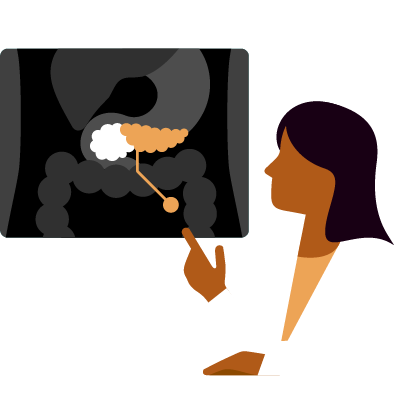Using AI—Dos and Dont’s

Artificial intelligence (AI) can be a great tool for patients and caregivers.
As Burt Rosen can attest, AI is capable of organizing the information that comes from the doctor and making it more understandable. You don’t have to be tech savvy to use AI. All you need is a question.
It is important to remember that AI is a tool. It cannot replace the clinical judgement of your doctors.
How to Get Started with ChatGPT
Here are the basics for getting started.
1. Visit chatgpt.com. Or alternatives, including Gemini, CoPilot, Claude, Mistral, or Perplexity. Many have free versions, but you need to subscribe for access to more powerful features.
2. Craft a smart prompt. Your results improve with detail. Here are some examples:
- Diagnosis: “I have a stage IV pancreatic NET with liver metastases.”
- Timeframe: “My last MRI was in April 2025.”
- Goal: “Can you build me a treatment comparison chart?”
- Style: “Explain it like Mr. Rogers” or “Use bullet points for a slide.”
3. Ask follow-up questions. You can delve a little deeper or refine answers through sequential questions.
4. Add data. Upload PDFs or copy and paste in scan reports, symptoms, or data logs for interpretation or visualization.
5. Make it yours. Give it a voice to answer in. Doctor? Friend? Samuel L. Jackson? It can make the information easier (and more fun) to absorb.
What to Watch Out For
AI is a powerful tool, but it is not a replacement for your oncologist, nurse, or care team. Here are some things to keep in mind when using programs like ChatGPT.
It is not HIPAA-compliant and only slightly private. AI bots use what you enter to further train their models. While ChatGPT does not share personal data with third parties, there is still a risk of data breaches like everything else online.
If you are worried about privacy, you can avoid names, dates, or personal identifiers. You can also set ChatGPT to “temporary chat” mode if you’re concerned about long-term data storage, although that may affect its ability to track your health over time.
You get what you put in. The quality of the output is only as good as the data or prompts you provide. Be specific.
It can be inaccurate. Always verify key information, and don’t use AI as your sole source.
Don’t rely on it for decisions. AI is a great starting point, but not an endpoint. Always consult professionals before making any treatment decisions.
When used properly and with care, AI is great to prepare and support, but not replace, your healthcare team.






